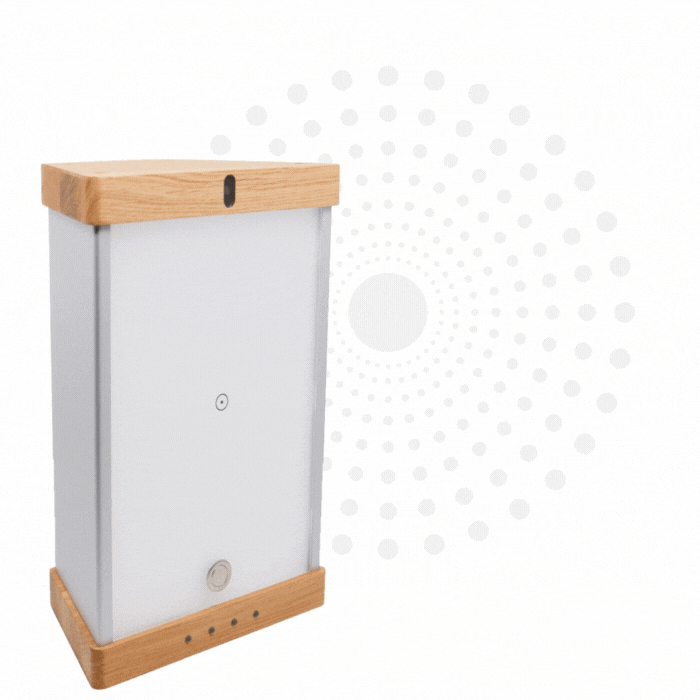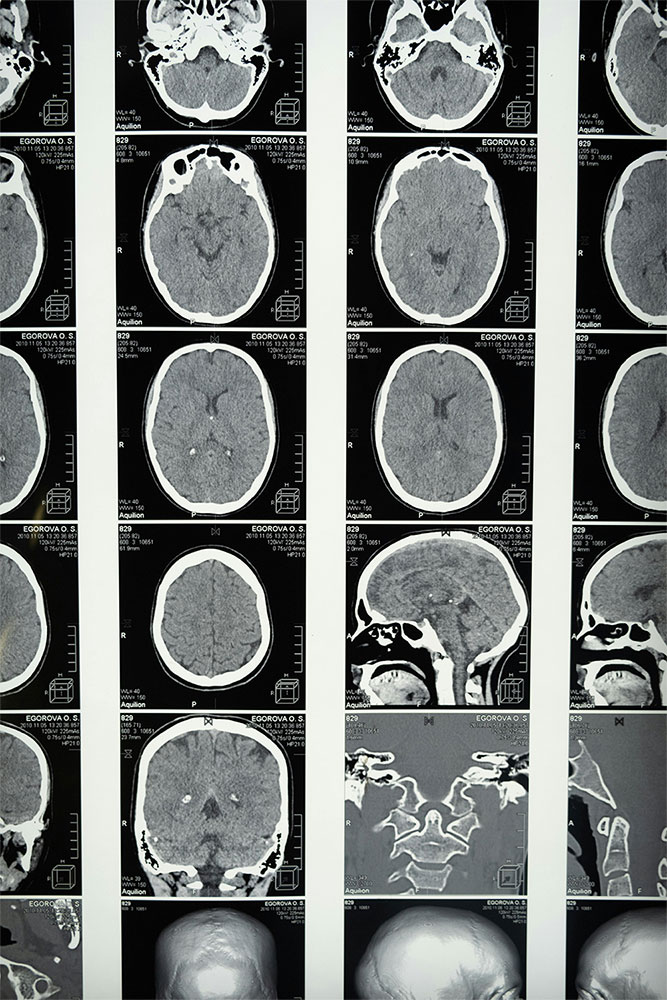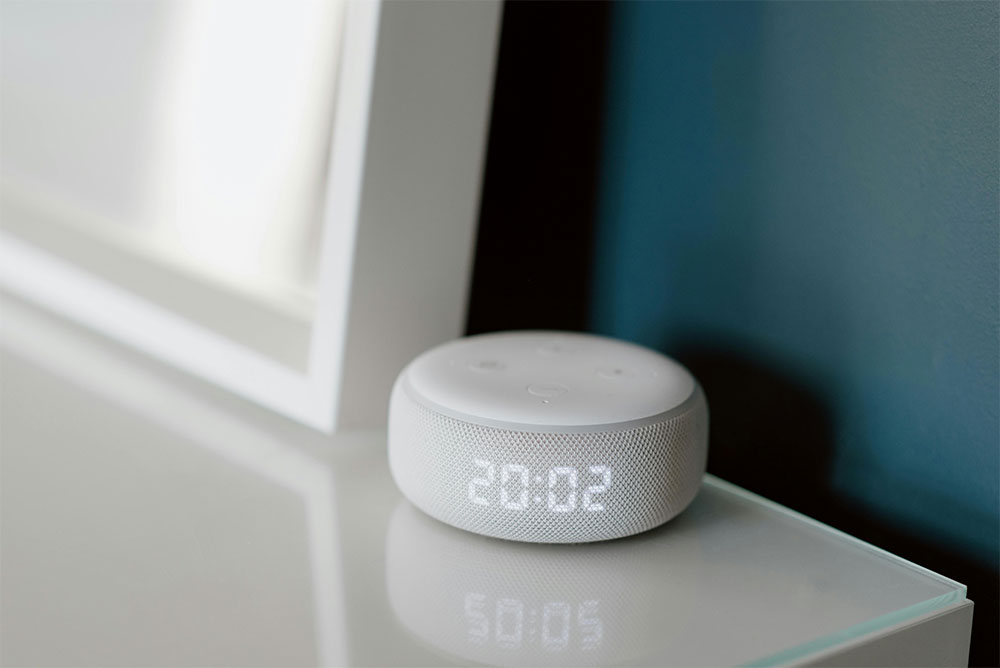Explore the significance of subjective cognitive impairment (SCI), its early detection, and its association with Alzheimer’s disease and anxiety. In this article, we will look at lifestyle interventions to prevent cognitive decline. Learn about subjective cognitive impairment: early diagnosis, and strategies to prevent other forms of cognitive decline.

Christopher Ravn
Key Takeaways
1. Early detection enables interventions targeting underlying causes and risk factors, like stress and sleep issues, potentially slowing cognitive decline progression.
2. Longitudinal studies highlight associations between subjective cognitive impairment (SCI) and Alzheimer's disease (AD) pathology biomarkers, emphasizing the importance of early detection and intervention.
3. Supporting individuals with subjective cognitive impairment (SCI) necessitates a comprehensive approach, incorporating assistance with daily activities, effective communication strategies, and access to professional care options like cognitive behavioral therapy and support groups.
Table of Contents
1. What Is Subjective Cognitive Impairment?
2. How To Measure A Subjective Diagnosis
3. How Does Subjective Cognitive Impairment Develop Into Other Forms Of Decline?
4. Do All Cognitive Impairments Have The Same Symptoms?
5. What Is The Connection Between Subjective Cognitive Impairment And Anxiety?
6. How To Diagnose Subjective Cognitive Decline
7. How To Support Someone With Subjective Cognitive Impairment
8. How To Support Someone With Subjective Cognitive Impairment
9. How To Prevent Cognitive Decline
10. Frequently Asked Questions About Subjective Cognitive Impairment
What Is Subjective Cognitive Impairment?
Subjective cognitive impairment (SCI) occurs when individuals notice a decline in memory or focus and self-report their condition. Despite subjective feelings of cognitive decline, objective tests may show no impairment. This analogy likens SCI to feeling an itch on your arm but finding no evidence of injury on an x-ray.
- Determining the cause: SCI may stem from factors like stress or lack of sleep, which can be addressed once identified.
- Slowing down decline: Early intervention could help preserve cognitive function for longer periods.
- Prevention: Adopting healthy habits such as exercise and mental stimulation may reduce the risk of cognitive decline in the future.
Subjective Symptoms
- Memory lapses: Individuals may perceive frequent forgetfulness, such as difficulty recalling names, dates, or events, as signs of cognitive issues, despite no clear indication on memory tests.
- Attention problems: Some may struggle to focus or maintain attention on tasks, although no issues arise during tests.
- Difficulty finding words: Expressing thoughts verbally or recalling words may pose challenges for some individuals, also viewed as SCI despite no abnormalities in tests.
- Mental fog or confusion: Sensations of brain fog or confusion may be reported, yet not reflected in cognitive functional tests.
- Slow reaction: Individuals might experience sluggishness in decision-making despite no observable signs on cognitive speed tests.
How To Measure A Subjective Diagnosis
Here is some information on tools used to objectify subjective cognitive decline.
Tools for measurement: Cognitive assessment tools play a vital role in objectifying subjective cognitive decline (SCD). One way is through the use of the Subjective Cognitive Decline Questionnaire (SCD-Q), which collects reports of cognitive complaints across various domains. Additionally, measures such as the Cognitive Failures Questionnaire (CFQ) and Everyday Cognition Scales assess subjective cognitive issues in daily routines, providing standardized methods for monitoring and diagnosis.
Recent studies have emphasized advancements in objectifying SCI, particularly through neuroimaging techniques and diagnostic tools. For instance, functional magnetic resonance imaging (fMRI) has identified neural correlates associated with self-reported cognitive decline, offering insights into underlying brain changes. Similarly, positron emission tomography (PET) imaging has revealed biomarkers indicating pathological signs of Alzheimer’s disease onset in individuals with subjective cognitive complaints. Furthermore, emerging technologies like digital cognitive assessments and wearable devices offer innovative approaches to capturing real-time cognitive functions. These advancements contribute to a better understanding of SCI and facilitate early detection and intervention strategies.
We Believe Prioritizing Brain Health Enhances Your Quality Of Life
Get to know our team, our mission and how our EVY LIGHT® can provide you and your loved ones with a fuller life, letting you breathe a little easier.
How Does Subjective Cognitive Impairment Develop Into Other Forms Of Decline?
Subjective cognitive impairment (SCI) can potentially progress into other forms of cognitive decline, such as mild cognitive impairment (MCI) and dementia. Thus, it is important to understand how fast does mild cognitive impairment progress. While SCI typically involves self-perceived cognitive issues without objective evidence, MCI entails measurable and noticeable cognitive decline, although it may not interfere significantly with daily tasks. Dementia represents a more severe cognitive spectrum, significantly disrupting daily routines.
The progression of SCI to MCI or dementia may be attributed to various factors. Underlying neurodegenerative processes, such as Alzheimer’s disease, and other conditions affecting cognitive function can contribute. Lifestyle factors like inadequate cognitive stimulation, physical inactivity, and comorbidities such as depression or vascular diseases may exacerbate cognitive decline.
Regular monitoring and early intervention are crucial in managing cognitive decline. Individuals experiencing SCI should undergo thorough assessments to determine underlying causes and risk factors. Early interventions, including cognitive training, lifestyle modifications, and medications, may help slow down cognitive decline progression and manage the risk of it advancing into more severe impairment.

Do All Cognitive Impairments Have The Same Symptoms?
Most cognitive impairments exhibit unique symptoms, though there may be some commonalities or overlap. Common symptoms across different types of cognitive impairments include memory loss, concentration issues, language problems, impaired judgment, and changes in mood or behavior. However, the severity of these symptoms varies based on the individual’s condition and contributing factors.
Age, genetics, and environmental factors can contribute to the development of cognitive impairment. Advancing age is a significant risk factor as the brain undergoes natural decline over time, affecting cognitive function. Genetics also play a role, as certain genes may influence the onset of conditions like Alzheimer’s disease. Additionally, environmental factors such as head injuries, toxin exposure, and lifestyle choices like smoking, drug use, or excessive alcohol consumption can impact cognitive health.
Understanding the underlying causes and risk factors associated with cognitive impairment is crucial for early detection and intervention. By addressing risk factors such as unhealthy habits and promoting healthy brain behaviors, individuals can potentially reduce the risk of developing cognitive issues and maintain healthy cognitive function as they age.
What Is The Connection Between Subjective Cognitive Impairment And Anxiety?
The relationship between subjective cognitive impairment and anxiety is complex and likely multifaceted. There is debate over whether anxiety is a symptom of SCI or if it contributes to its progression.
It is important to recognize that anxiety can manifest as a symptom of SCI, as the body’s distress can lead to perceived cognitive decline. Individuals experiencing worry, constant preoccupation with the future, or heightened concern about their cognitive abilities may exhibit symptoms of anxiety such as restlessness, irritability, or difficulty concentrating.
Moreover, anxiety may exacerbate SCI symptoms, interfering with attention, memory, and problem-solving abilities. Prolonged stress and anxiety could also negatively impact brain health and accelerate cognitive decline over time.
Managing anxiety in individuals with SCI is crucial for overall well-being and cognitive health. Therapeutic approaches such as cognitive behavioral therapy (CBT) can address negative thought patterns and develop coping mechanisms. Additionally, medications like antidepressants and anti-anxiety medications, stress management techniques, and social support can help manage anxiety and promote cognitive resilience in those with SCI.
How To Diagnose Subjective Cognitive Decline
Diagnosing subjective cognitive decline (SCD) can be challenging due to its subjective nature and reliance on self-reporting. Unlike objective measures such as neuropsychological tests or brain imaging, SCD depends on an individual’s perception of their cognitive abilities. This subjectivity makes it difficult for healthcare professionals to assess and diagnose SCD, as self-reported symptoms may vary widely and be influenced by factors like mood, personality, and underlying anxiety.
Additionally, identifying age-related cognitive changes and early signs of cognitive decline in SCD diagnosis can be challenging. Healthcare providers must carefully evaluate the consistency and severity of reported symptoms and consider potential contributing factors such as stress and sleep issues. Once other medical issues potentially tied to cognitive impairment are ruled out, interventions to delay further cognitive decline can be implemented.
Despite these challenges, early detection of SCD is crucial for implementing appropriate interventions to delay cognitive decline. Healthcare professionals may employ assessments such as medical history reviews, cognitive screenings, and functional tests to accurately diagnose SCD.
Is Subjective Cognitive Decline An Indicator Of Alzheimer's Disease?
Subjective cognitive decline (SCD) may serve as an indicator of Alzheimer’s Disease (AD). Research suggests that individuals reporting SCD may have a higher risk of developing AD in the future. Longitudinal studies have revealed associations between SCD and AD pathology biomarkers, such as amyloid-beta accumulations and neurodegeneration.
Several factors may contribute to the progression from subjective cognitive decline to Alzheimer’s disease. Genetic predispositions, such as the presence of APOE ε4, significantly increase the risk from SCD to AD. Additionally, lifestyle factors such as lack of exercise, poor diet, and social isolation can further elevate the risk.
To mitigate the risk of AD in individuals with SCD, lifestyle changes and interventions are crucial. These include regular exercise, maintaining a healthy and nutrient-rich diet with foods high in antioxidants and omega-3 fatty acids. Furthermore, active cognitive stimulation, management of cardiovascular health issues like hypertension and diabetes, and staying socially and mentally engaged are essential. Early detection and proactive management of SCD are vital to potentially delay or prevent its progression to AD.

Enhance your brain performance through the power of light.
Comfortable and easy to use 40Hz light therapy to support and improve your brain function.
View Our LightHow To Support Someone With Subjective Cognitive Impairment
In order to support someone with subjective cognitive impairment (SCI), one must first ensure that several strategies are in place and that professional care options are available.
It is crucial to provide support by assisting with daily activities, organizing schedules, and implementing memory aids such as calendars or reminder apps. Effective communication, including speaking clearly and softly, using visual aids, and allowing extra time for comprehension, enhances interaction. Additionally, creating a supportive environment that minimizes distractions, understanding how to help someone with cognitive impairment may help to foster independence and provide a sense of security and autonomy.
Professional care options may include primary care physicians and neurologists conducting comprehensive assessments and developing personalized management plans. Cognitive behavioral therapists or occupational therapists can provide interventions to improve functional abilities for those with cognitive challenges. Support groups offer emotional support, practical advice, and social connections for individuals experiencing similar issues.
Psychological Impact Of Subjective Cognitive Impairment
The psychological impact of subjective cognitive impairment (SCI) can be profound, as individuals may experience a range of emotions related to their perceived cognitive decline.
Feelings of fear may arise from uncertainty about the future and concerns about losing cognitive functions, leading to frustration, helplessness, or inadequacy when tasks become challenging. Additionally, sadness may accompany grieving for lost capabilities and adjusting to limitations, while anxiety about progressing to severe cognitive disorders like Alzheimer’s Disease can exacerbate emotional distress.
Understanding these emotions and providing necessary support is essential to help patients with SCI navigate psychological challenges and promote their overall quality of life.
How To Prevent Cognitive Decline
In order to prevent cognitive decline, one needs to adopt necessary lifestyle changes to promote brain health. Consuming foods rich in fruits, vegetables, whole grains, and omega-3 fatty acids supports cognitive function. Regular exercise facilitates blood flow to the brain, stimulating neural pathway growth. Engaging in mentally stimulating activities like reading, puzzles, or learning new skills enhances cognitive capability and resilience against decline.
Research confirms the effectiveness of lifestyle changes in delaying or preventing cognitive decline. Studies indicate that individuals with healthy lifestyles experience slower rates of cognitive decline and reduced risk of conditions like Alzheimer’s disease.
Subjective cognitive impairment (SCI) can significantly impact daily living and overall quality of life, leading to frustration, anxiety, and uncertainty about the future. Therefore, implementing measures to promote cognitive health and navigate the impact of SCI is crucial. Ultimately, these efforts aim to improve well-being and empower individuals to lead fulfilling lives despite cognitive challenges.
Learn What Others Have Experienced with EVY Light
See how others have achieved a sharper mind by activating their gamma brainwaves in combination with maintaining a healthy lifestyle.








































































